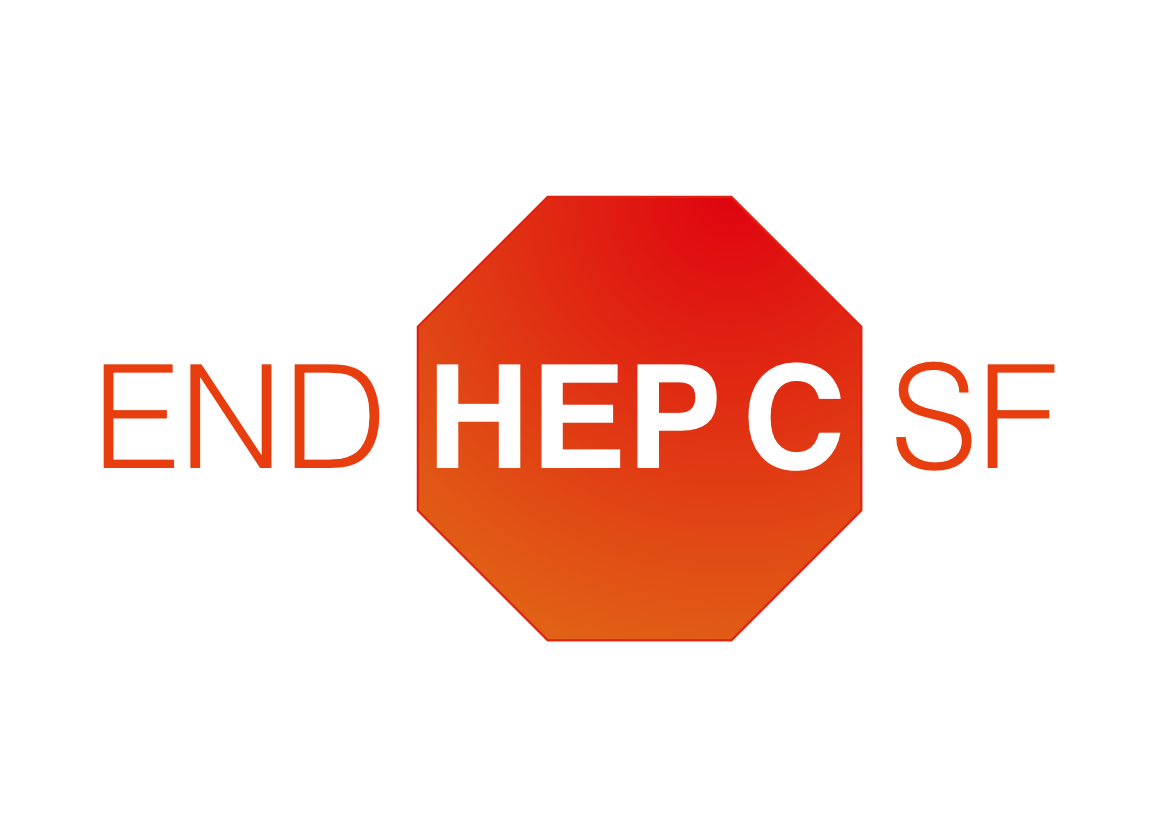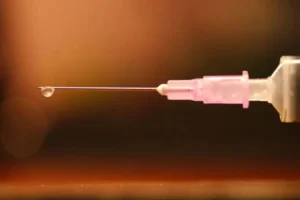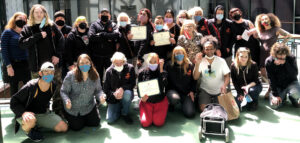As a hepatologist at UCSF, my clinical practice includes treating people living with hepatitis C (HCV) as well as managing patients with complications of viral hepatitis such as cirrhosis and liver cancer.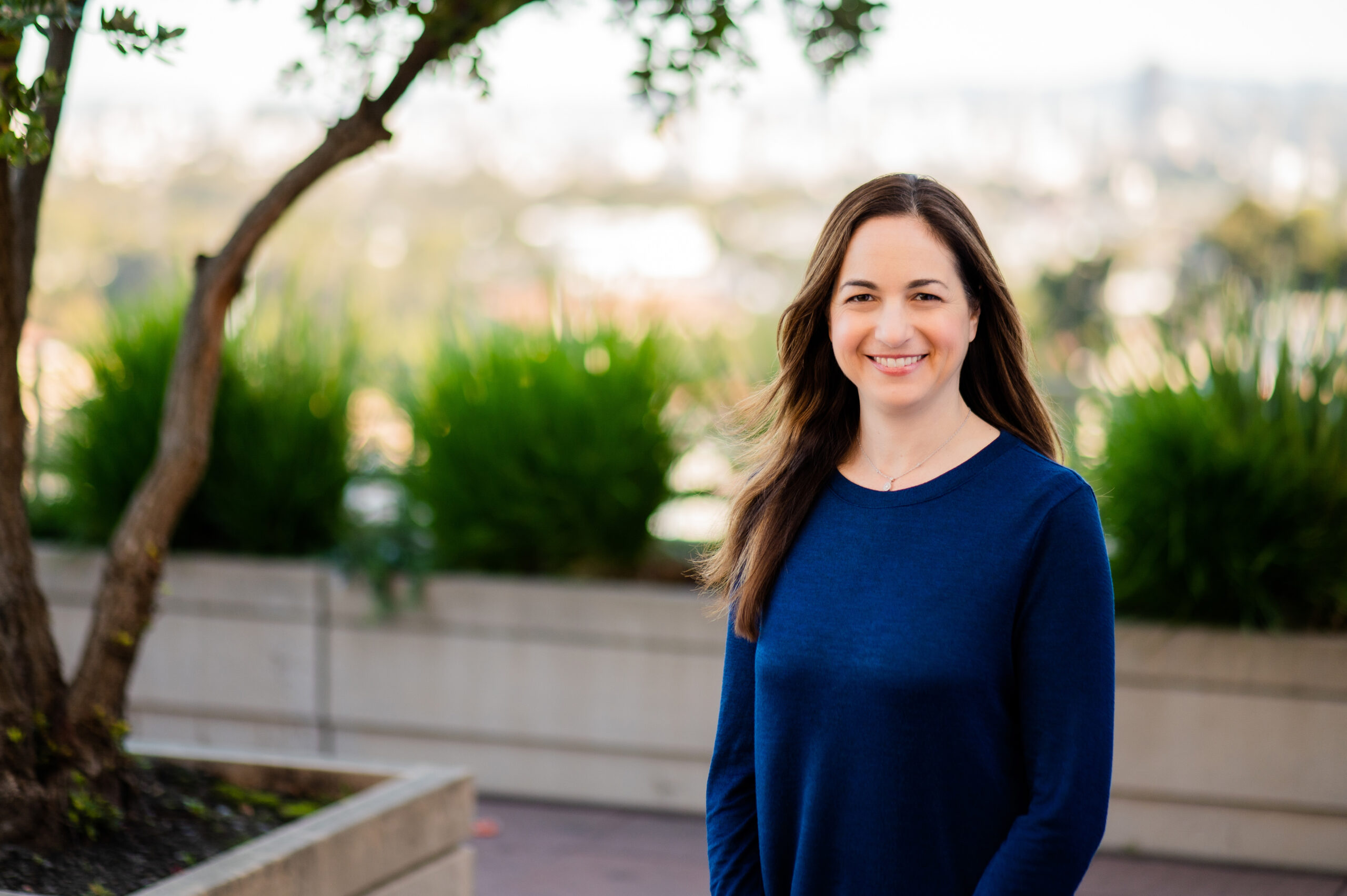
Nearly all of my outpatient clinical practice has shifted to telemedicine. Through telemedicine, I’ve been able to continue to see patients and start HCV treatment, albeit remotely. This has worked well with some patients, particularly those who are comfortable with Zoom and would otherwise need to travel a long distance to be seen in clinic. However, for other patients, the telehealth model has not worked as well, including patients who do not have reliable wifi or are unstably housed. At the beginning of SIP, DeLIVER Care Van operations were paused. We were able to hand-off medications to patients who were finishing treatment and even the few who started treatment at around the time of the SIP order. However, HCV screenings and lab draws were put on hold. We are now back in the community and have resumed operations with numerous protocols and a lot of PPE to keep staff and clients safe. We are doing as much work as possible outside and have continued to hold off on performing Fibroscans. However, in addition to the limitations due to the physical distancing, we have experienced long turn-around times for HCV RNA results— what used to take days is now taking weeks. The UCSF HCV Project ECHO has continued during the pandemic, and we’ve even recruited several new spokes who had some extra availability at the start of SIP to participate in an online HCV 101 that we hosted. Our spokes have continued to treat people living with HCV, many of them using telemedicine as well, but the volume has decreased. Finally, clinical research was on hold for a long time but is now starting back with several precautions and modifications due to COVID-19.
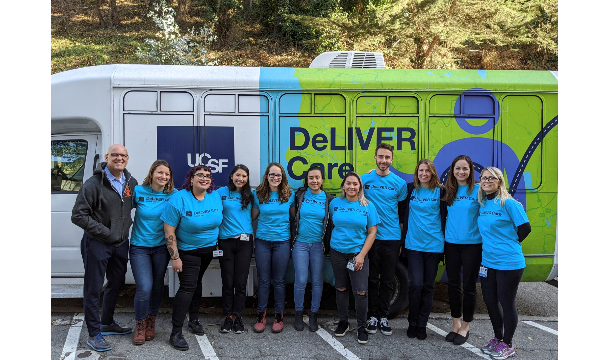
While I look forward to seeing more patients in person in clinic again, I do think that telemedicine will stay with us, and I think this is a model that lends itself nicely to HCV elimination work. Moving forward, I would like to partner with community-based organizations to co-localize HCV treatment utilizing telemedicine. This is something we were exploring prior to COVID-19 and now perhaps will be more feasible and acceptable as telemedicine has become mainstream. I also worry that if the technology is not utilized in an equitable manner, the move towards telemedicine will exacerbate the deep underlying health care disparities exposed by the COVID-19 pandemic. This has motivated me to advocate for equity in access to liver-related care and to formally study methods to improve accessibility to telemedicine.
End Hep C SF are running a series of blogs on how COVID-19 and today’s climate has changed our hepatitis C work in all areas. If you’re like to submit a blog please email info (at) endhepcsf (dot) org.
